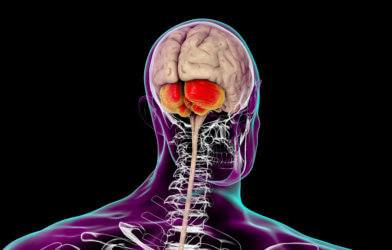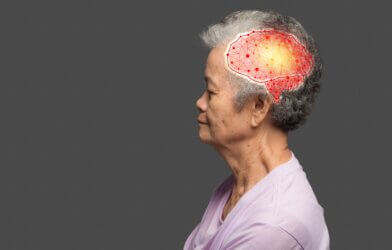If you’re scheduled for surgery, you might want to hold off on those fries and burgers. A new study from The Ohio State University suggests that eating a high-fat diet in the days leading up to a surgical procedure may trigger a heightened inflammatory response in the brain. Researchers say this response might interfere with memory-related cognitive function for weeks afterward.
The study, published recently in the journal Brain, Behavior, and Immunity, builds upon previous research from the same lab at Ohio State. It found that just three days of unhealthy eating before surgery was enough to impair a specific type of fear-related memory in aged rats for up to two weeks – the same type of impairment seen in younger rats that ate fatty food and underwent a surgical procedure.
“We’ve shown that an unhealthy diet, even in the short term, especially when it’s consumed so close to a surgery, which in and of itself will cause an inflammatory response, can have damaging results,” said senior author Ruth Barrientos, an investigator in OSU’s Institute for Behavioral Medicine Research and associate professor of psychiatry and behavioral health and neuroscience in the College of Medicine.
The researchers traced the brain inflammation behind these effects to a protein that activates the immune response. They also discovered that taking a DHA omega-3 fatty acid supplement for a month before the unhealthy eating and surgical procedure prevented the memory issues in both aged and young adult rats.
The findings add to a growing body of evidence suggesting that what we eat can have a profound impact on our brain health, particularly as we age. Barrientos’ lab studies how everyday life events might trigger inflammation in the aging brain as the nervous system responds to signals from the immune system reacting to a threat. Decades of research has suggested that with aging comes long-term “priming” of the brain’s inflammatory profile and a loss of brain-cell reserve to bounce back.
In the current study, the researchers fed young adult and aged rats a diet high in saturated fat for three days before a procedure resembling exploratory abdominal surgery. Control rats ate regular food and were anesthetized, but had no surgery.
The team found that an immune system receptor called TLR4 was the culprit behind the brain inflammation and related memory problems generated by both surgery and the high-fat diet, said first author Stephanie Muscat, assistant clinical professor of neuroscience at Ohio State.
“Blocking the TLR4 signaling pathway prior to the diet and surgery completely prevented that neuroimmune response and memory impairments, which confirmed this specific mechanism,” Muscat said.
Interestingly, the study revealed some surprising memory findings. Different behavioral tasks are used to test two types of memory: contextual memory based in the hippocampus and cued-fear memory based in the amygdala. In contextual memory tests, rats with normal memory freeze when they re-enter a room in which they had an unpleasant experience. Cued-fear memory is evident when rats freeze in a new environment when they hear a sound connected to that previous bad experience.
For aged rats in this study, the combination of a high-fat diet and surgery led to problems with both contextual and cued-fear memory that persisted for at least two weeks – a longer-lasting effect than the researchers had seen before. The high-fat diet alone also impaired the aging rats’ cued-fear memory. And in young adult rats, the combination of the high-fat diet and surgery led to only cued-fear memory deficits, but no problems with memory governed by the hippocampus.
“What this is telling us in aged animals, along with the fact we’re seeing this same impairment in young animals after the high-fat diet and surgery, is that cued-fear memory is uniquely vulnerable to the effects of diet. And we don’t know why,” Barrientos said. “One of the things we’re hoping to understand in the future is the vulnerability of the amygdala to these unhealthy diet challenges.”
The findings echo previous research suggesting that the Western diet, characterized by high levels of saturated fats and added sugars, may be detrimental to brain health. A 2011 study published in the journal Nature Reviews Neuroscience found that this type of diet can lead to cognitive impairment and increase the risk of neurodegenerative diseases like Alzheimer’s.
However, the consistent findings that DHA – one of two omega-3 fatty acids found in fish and other seafood and available in supplement form – has a protective effect are compelling, Barrientos said.
“DHA was really effective at preventing these changes,” she said. “And that’s amazing – it really suggests that this could be a potential pretreatment, especially if people know they’re going to have surgery and their diet is unhealthy.”
As the population ages and the prevalence of age-related cognitive decline continues to rise, understanding the complex interplay between diet, inflammation, and brain health is becoming increasingly important. By shedding light on the potential risks of unhealthy eating before surgery and identifying a possible protective strategy in the form of DHA supplementation, this study offers valuable insights that could help people of all ages safeguard their cognitive well-being.
So, the next time you’re facing a surgical procedure, it might be wise to trade in those greasy fries for a serving of brain-boosting salmon. Your memory could thank you later.
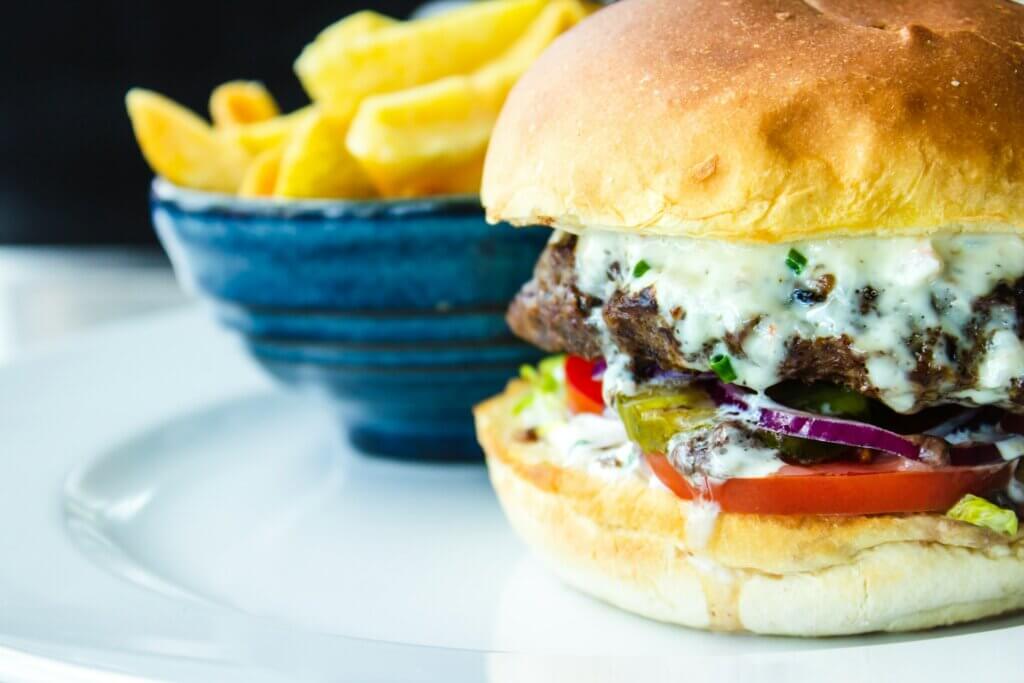

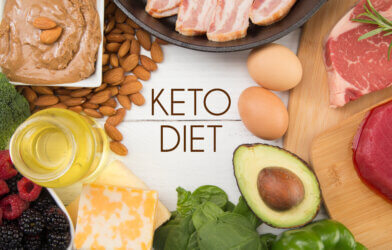
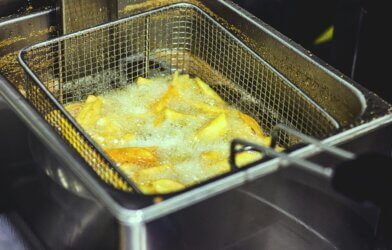
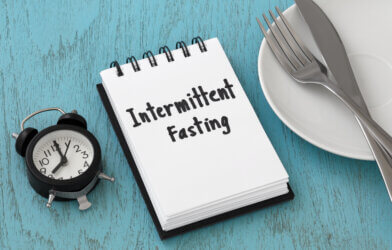
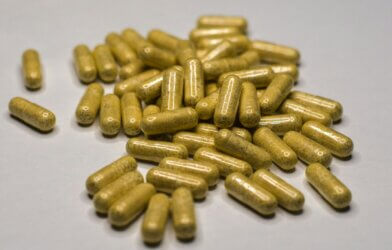
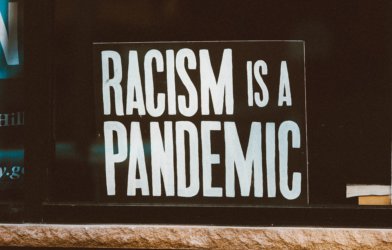
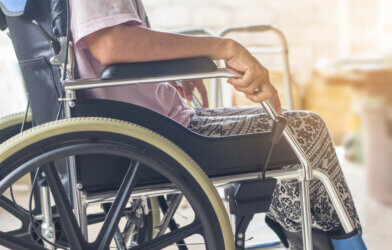
-392x250.jpg)

